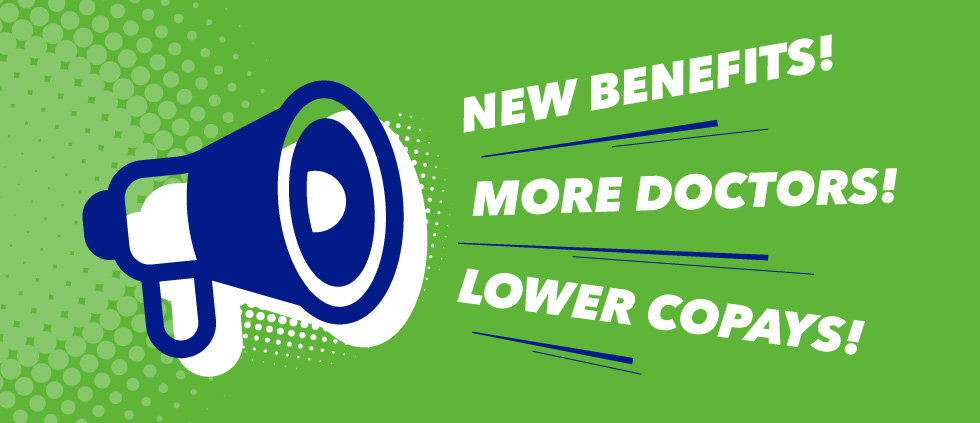Should your Medicare Advantage Plan Consider a “Win-Back” Marketing Strategy?

In a Medicare market where competition is only growing, careful onboarding of new members can make or break their experience and have a significant impact on your ability to grow. But another area to mine is disenrollment data — why former members left and where they went. Efforts around member retention are on the rise but taking a hard look at where disenrollees went can provide insight into gaps in service, product or network, as well as broker behavior or upgrades needed to your website or marketing. Not only can this analysis bring about positive changes for the coming Annual Election Period (AEP), but it can also serve as the foundation for a win-back marketing strategy.
Here are a few common reasons members shop for a new plan and potential improvements that you may be able to incorporate into messaging to former members:
1. Product or network shortcomings resulting in new improvements
Have you added or enhanced benefits to your plans? Consider outreach to former members of specific plans and highlight any changes since they left. Whether it is a reduction in premium or copays, additions to your network or enhancement to supplemental benefits such as vision, hearing or rewards, it could be the trigger they need to revisit coverage. In addition, if offering new plans like dual-eligible special needs plans (D-SNPs) to a targeted audience, consider outreach to those who have left for a similar plan. Remember to customize your communication and personalize it for former members.
2. Focused improvements in ease of use
Had a member web site upgrade? Added tools for monitoring or submitting claims? Improved call center efficiency? We all know that all it takes is one bad user experience to plant a seed of discontent. Touting the steps you are taking to make your customer first is a great way to reintroduce yourself.
3. Making benefits more accessible
Health and benefits literacy is very important. Your plan may offer great benefits and other perks, so it’s important that members know these benefits are available and how to access them. If benefits are perceived as involving too much work or complicated steps, they will not be used. In addition, consumers are interested in using technology that makes healthcare more accessible and improves their quality of life. If you’ve added or improved your digital healthcare initiatives including health apps and telemedicine, make sure that you effectively communicate those offerings to former members.
In your messaging strategy, let your former members know you’ve listened to them
If you take a look at member disenrollment surveys, you may often find comments like, “I really liked my plan, but…”. Identifying those items, and making improvements suggests ‘we heard you’, and gives your former members a reason to consider rebuilding a relationship. Coordinate your win-back marketing strategies with your other Medicare marketing functions and departments to make sure your messaging is cohesive and on brand. Also, remember you can engage with former members across multiple channels including direct mail, email marketing and social media (both paid and organic).
Going forward – don’t forget about onboarding!
If your win-back marketing efforts are successful, don’t forget to maximize your onboarding opportunity. As McKinsey & Company notes in this article, a good onboarding experience from the outset can build member relationships and improve retention. It is important to look beyond delivery of benefit information and look for ways to engage perhaps encourage completion of a health risk assessment or inquire about social needs. Results of their survey indicate four areas where new member satisfaction can be improved:
- Access to resources
- Digital offerings to improve health
- Selecting a primary care physician
- Process for enrolling in additional benefits
Investment in this area may minimize your need for future win back programs.









